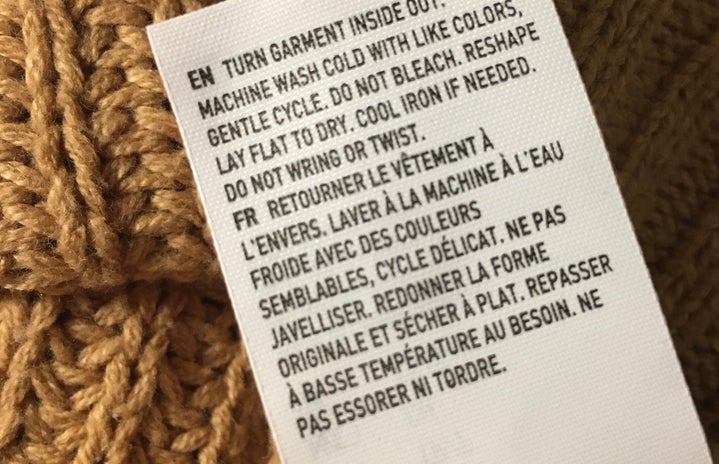In recent years, the art of crochet has been booming. Once deemed a grandma hobby, it has now turned into a cultural movement. It’s a way of life that brings people so much joy.
Crochet started to gain popularity during the pandemic, and I began participating in the activity at that time as well. It’s such a simple and fun way to not only pass the time but also get the gratification of knowing that you have made something. It’s especially a great hobby for people who would say they’re more crafty than artistic because, while crochet does require the use of hands and creative thinking, it doesn’t require the intricate detail that painting or drawing does.
The main way that crochet has transformed over the years is primarily due to how the craft has evolved from just blankets and gloves to items like crop tops, plushies, and skirts. It’s become so popular that you can even see the craft on runways. With this popularity, people have started to realize some sustainability issues associated with crochet.
It’s a known fact that crocheting can take a very long time, so people have begun to notice a lot of crochet products in fast fashion, such as H&M and Shein. This has raised issues because the price of these goods often does not match the extensive work that goes into the crochet pieces. Many people complain when they see others selling their crochet items online, questioning how a blanket can cost $50. However, crocheting is a craft that requires a lot of time, and the repetitive motions involved can cause pain and cramps if the person making an item doesn’t take breaks periodically.
When fast fashion companies sell their crochet garments for such low prices, it means that they’re overworking their employees, who are already laboring under unethical conditions. With many crocheters noticing this, they have used the vast platforms where crochet is trending to bring this issue to light and urge people to not only buy from small brands and companies but also ensure that where they purchase their crochet products is not from places selling them at such low prices that it’s evident their employees are being mistreated.


